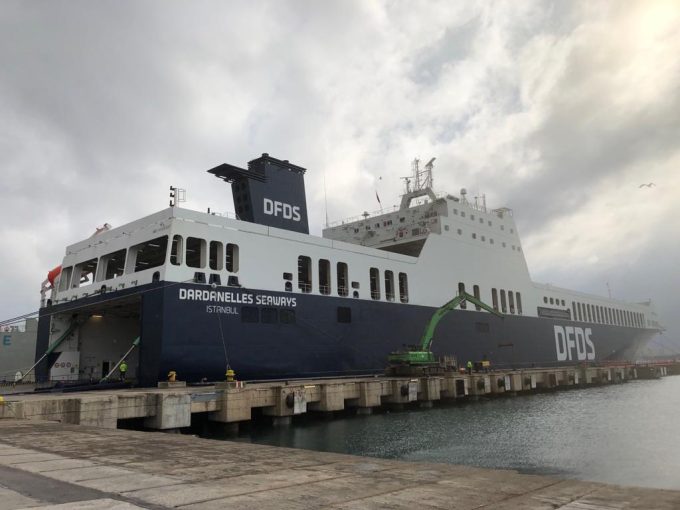Panama touts public-private solution for Hutchison ports company
Reading the tea leaves in Panama has always been difficult, but at his weekly press ...

Danish ferry and road freight operator DFDS saw weaker road freight demand across Europe in the third quarter, and today reported reduced profits despite carrying higher volumes.
“Q3 was, as expected, a challenging quarter,” chief executive Torben Carlson said this morning. “The European slowdown in demand and ...

Comment on this article